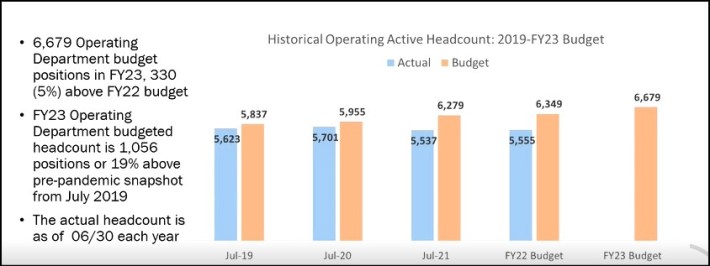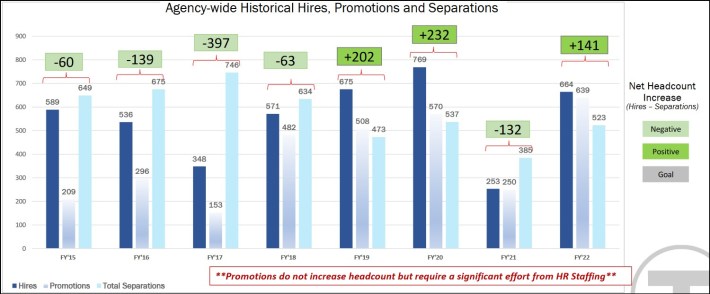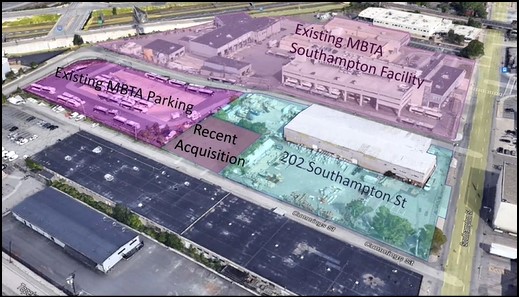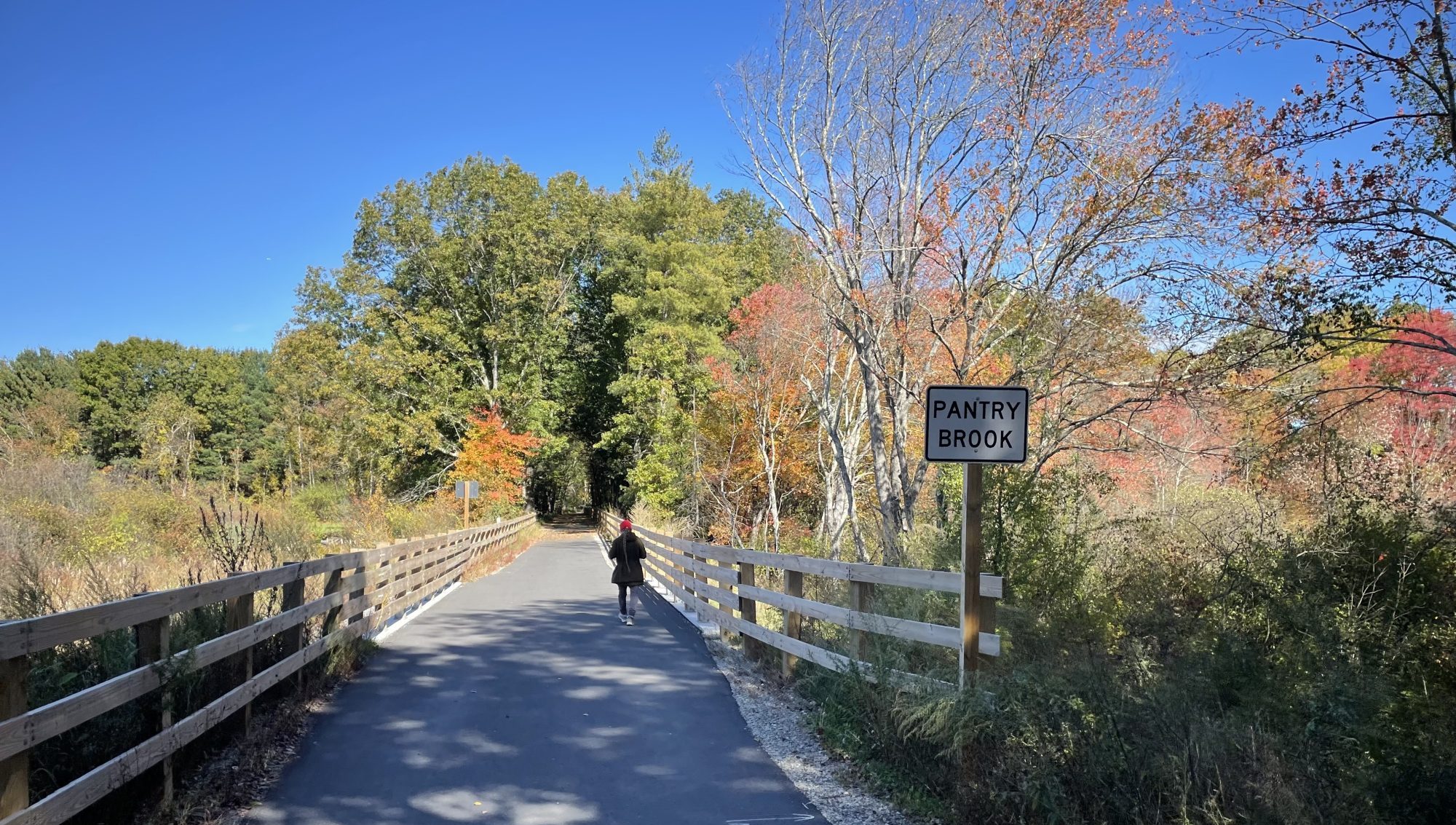The MBTA's governing board met Tuesday morning, reuniting the T's top leaders to discuss in greater detail the agency's multifaceted struggles to maintain service and safety standards a day after its top executive and the CEO of MassDOT appeared for an oversight hearing in front of the legislature's transportation committee.
MBTA Responds to FTA Safety Directives
By tomorrow, the MBTA will have submitted "corrective action plans" for each of the four special directives to address urgent safety deficiencies that the Federal Transit Administration (FTA) issued in June, according Chief Safety Officer Ron Ester.
At Tuesday's board meeting, several senior staff at the MBTA addressed some of the details in those corrective actions.
For instance, federal inspectors specifically called out a curved section of the Orange Line south of Tufts Medical Center where they found “evidence of excessive wear and defects,” and asked the T to submit a corrective action plan that identifies specific actions the agency will take to repair tracks, remove speed restrictions, and improve track access for work crews.
"We were successful on July 10th having a one-day shutdown on that Sunday that performed work on one of those curves (on the Orange Line), and we have three more diversions in our calendar to address the three other curves this fall,” Chief Engineer Erik Stoothoff told board members.
On Sunday we diverted Orange Line riders for #BuildingABetterT. From Back Bay south to Mass Ave, crews replaced 500ft of curved rail to lift a speed restriction from 10mph to 25mph, saving riders 1min/trip. Once area work is done, trains will run 40mph.https://t.co/u7QEDW8G9K pic.twitter.com/cJpExuXbQ3
— MBTA (@MBTA) July 12, 2022
Additionally, the T has assembled a working group that will "analyze the time we have during non-revenue hours, between 1 and 5 a.m., to identify how we can increase the tool time or working time on the tracks during that period," according to Stoothoff.
Staff shortages might limit subway service into 2023
Another FTA safety directive cited understaffing and overworked employees at the T's operations control center, where dispatchers control traffic on the Red, Orange, and Blue Lines.
Last month, the T dramatically reduced subway service on those three lines because of “staffing challenges among the ranks of subway dispatchers."
"As soon as sufficient dispatch capacity exists, the MBTA will revert to its previous level of service,” according to an MBTA press statement at the time.
MBTA Assistant General Manager Aisheea Isidor told board members that so far, five new hires have started the 10-week training program for new dispatchers, and one more recruit is expected to start training before the end of the month. Four more recruits are in "pre-employment," and three former dispatchers have returned from other positions to help out.
But Isidor also added that “we’re trying to get up to 32” people to fully staff the operations control center.
Board member Travis McCready said that “when I do the math... with a pipeline of 6 rolling admits, and a 10-week minimum training time, that puts us well into 2023 to get to our intended (staffing level)."
Isidor and other MBTA officials did not dispute McCready's estimate.
Safety inspection's price tag: $300 million
Next, the board heard from David Panagore, the T's Chief Administrative Officer, who offered his estimates on the financial impact of the FTA's safety directives.
"Overall the total cost estimate right now is hovering around $300 million, for all the directives. Those are just estimates for now," said Panagore. "A good amount of the cost is in equipment, the second cost is in staffing."
Secretary Tesler added that "the Commonwealth General Appropriation Act (the state budget bill) was passed yesterday by the legislature, and there is a reserve account that has, I believe, $266 million that is associated with some of the responses to the FTA, that's currently under review."
During the General Manager's update later in the meeting, though, MBTA staff made it clear that many of the T's staffing challenges have been years in the making, and a considerable number of vacant positions have already been paid for in the agency's existing budget.
In late 2019, another independent safety review of the MBTA warned that the agency's staff were stretched thin after years of cuts to the agency’s operating budgets, and that the T needed to bulk up its safety program workforce, particularly in its inspections and maintenance departments.
The MBTA's leadership and the former governing board responded by adding hundreds of new positions to the agency's annual operating budget. The T's budgeted headcount for its operating department grew from 5,955 workers in fiscal year 2020, which began before the safety review panel's report, to 6,279 workers in fiscal year 2021 and to 6,349 workers in fiscal year 2022, which began in July 2021:

But the actual number of employees hired hasn't been able to keep up with the budgeted increase in staffing. Even though the agency's Fiscal Year 2021 budget added 324 new positions to the T's operating departments, the agency as a whole in fact saw a net loss in the size of its workforce that year, according to charts in General Manager Steve Poftak's July board briefing.
Since the summer of 2020, when the T began advertising for new safety-related positions, 917 new hires have joined the agency, but 908 employees have quit or retired. Since fiscal year 2015, the T has seen a net loss of 416 workers:

"Right now we have 599 safety positions vacant, 754 total vacancies as of June 30, plus 330 new positions being added to the budget this year," Panagore told the board.
Still, Panagore expressed optimism that the T could begin adding more new hires to catch up: he said that in the past year, the agency had streamlined its hiring processes and doubled its human resources recruiting staff.
“If we were not doing the work we’d done in the past year we would not be prepared for this challenge," said Panagore. "But we have a very solid team in place, a very good HR team, who bring in additional resources to the table to the rest of the organization.”
Expansions for Southampton bus garage, Codman Yard approved
In spite of the FTA's inspection and associated service cuts, the board also approved two large expenditures to prepare the T for a future with more bus and subway service.
The board approved a $15.4 million acquisition of 2 acres of land at 202 Southampton St. in Boston, next door to the existing Southampton bus garage, to make room for a larger fleet of 60' articulated buses, like the ones that run on the Silver Line and high-ridership routes like Route 39 (see the image at the top of this post).
The board also endorsed a $86 million construction contract for a project that will upgrade and expand Codman Yard, where Red Line trains are stored at the end of the Ashmont branch of the Red Line. The project will add six new storage tracks to accommodate an expanded fleet of new Red Line cars. Construction should start later this year.






